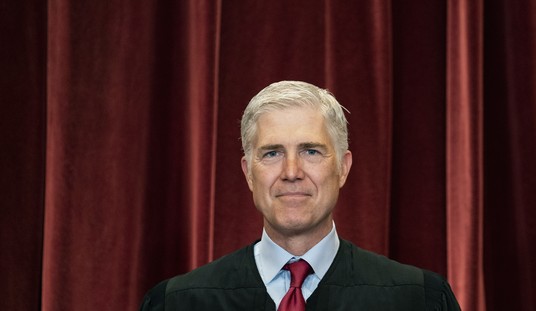They make handsome salaries, make important-sounding speeches, and often make their Boards dance to their tune, but NPR reports that a new study says school superintendents have virtually no impact where it matters.
“We just don’t see a whole lot of difference in student achievement that correlates with who the superintendent happens to be,” says Matthew Chingos, a senior fellow at the Brown Center on Education Policy at the Brookings Institution. He’s a co-author of what’s likely the first broad study to examine the link between superintendents and student achievement.
Chingos and his co-authors, Grover Whitehurst and Katharine Lindquist, analyzed student test score data from Florida and North Carolina over a 10-year period. His conclusion: Hiring a new superintendent made almost no difference in student success.
Chingos explains the findings this way: “What percentage of differences in student achievement is explained by superintendents? It’s very small, about 0.3 percent.”
Whether you hire a new one, or pay bonuses to keep the one you have, it won’t really matter to the bottom line.
In football, coaches cash in, but not for long if they can’t win.
But in this sport, where the average Superintendent makes $195,000 fully rolled up with bennies, there’s not only a lack of consequences for paltry student performance, there’s no explicit connection between the two.
O, sure, every superintendent talks about student achievement, but few would be willing to link their contract to it.
One exception is New Jersey, where in 2011, as part of a salary cap law, the state started paying Superintendents CEO bonuses — up to 15% of salary — based on metrics determined by the local school board. Of course, that happened thanks to Gov. Chris Christie. The unions fought him all the way and the accusations fly that districts play fast and loose with the benchmarks.
Having worked a few years in the admin building of a public school district, and read a number of books on education reform at that time, I can tell you that few people “in the industry” actually know how to increase student performance.
I worked in the PR department, and sometimes we’d get a call from a parent thinking of moving into our district. They always asked about our state ratings, clearly concerned about their children’s future. Sometimes I wanted to ask “how much money do you make?” Because the only thing that seemed clear from our in-district stats was that schools in better neighborhoods, with higher incomes, registered higher average standardized test scores.
Of course, this new study will have little impact on contract negotiations, thanks to the magical thinking of school boards, which always see their district as an exception to the rule.








Join the conversation as a VIP Member